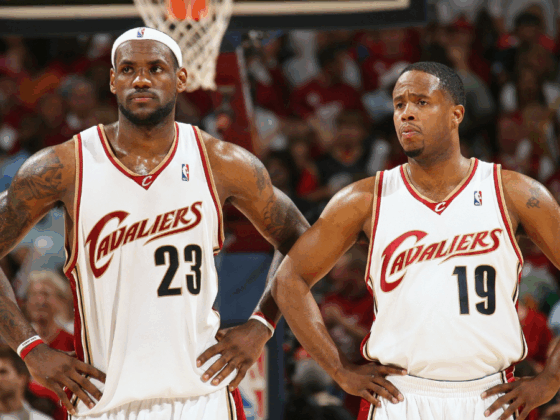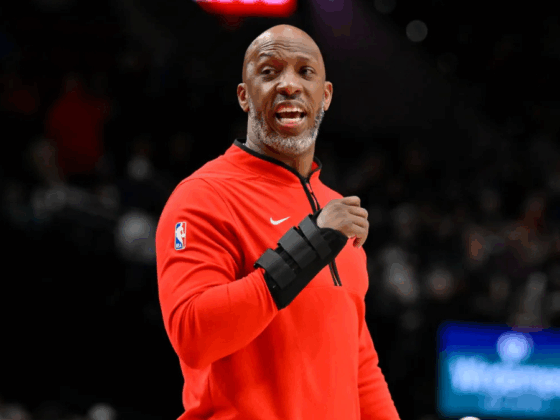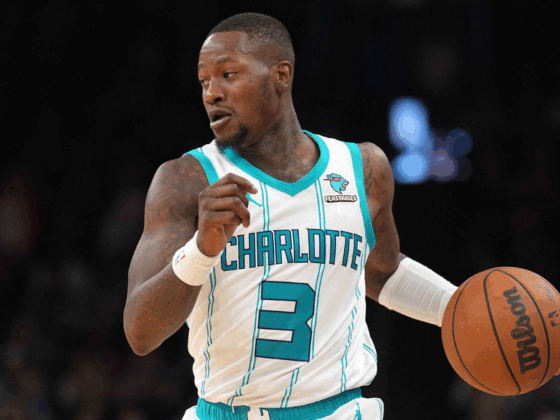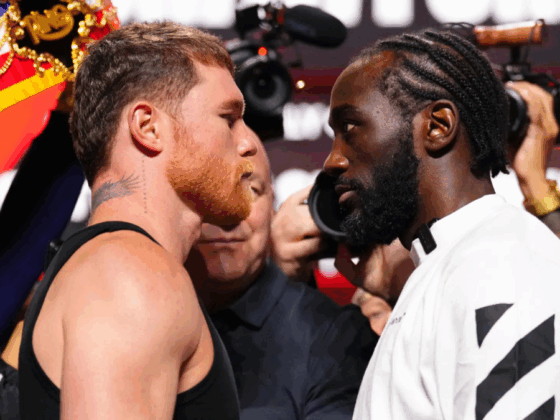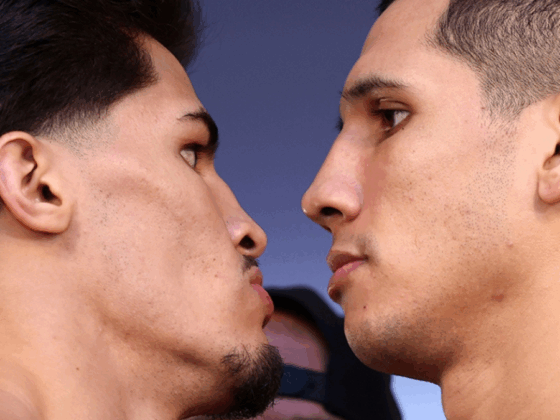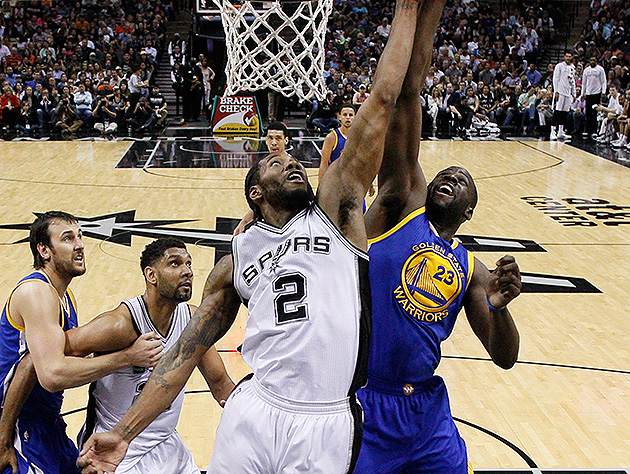
A big part of being a successful personnel member of any NBA teams basketball personnel department is being a good business man. Getting good deals for your team, whether it be through trades or the free agency market, you got to know what you’re doing. That’s why a lot of the most successful people in those positions know how to use the right lingo.
One of the most popular phrases involve one of the newer staples of NBA free agency. ‘We’ll match any offer’ is often used by teams trying to assure both their fans and that particular restricted free agent that the team is all-in on that player. Usually if it’s not said, there begins a small cause for concern from some people. It also helps teams to essentially fight off any hungry teams trying to take a look at their player. Basically saying he’s off the market, so don’t even try it.
Now it appears that the NBA is trying to end this type of phrasing from happening and the NBPA is getting support from the league.
Following from ESPN’s Marc Stein.
ESPN.com has learned that the NBA, as far back as November, issued a memo to all teams warning them that the NBA Players Association has officially taken the position that the well-worn “we’ll match any offer” reflex strategy and its corresponding intent to discourage interest in a particular RFA is a circumvention of the salary cap.
The league’s memo, sources said, took the rare step of further cautioning teams that, while the NBA itself doesn’t concur with the NBPA’s view, league officials see enough potential merit in the union’s stance to advise those who persist with match-any-offer chatter that they could be opening themselves up to legal action.
There is some legitimacy to the notion that a team publicly saying they’ll match all offers can kill a player’s potential money and leverage in negotiations. For example, Phoenix Suns point guard Eric Bledsoe would have been one of the most coveted free agents last summer, but teams were so convinced that the Suns would match any of their offer sheets. Teams got scared and they showed no interest for going after him. Bledsoe marinated in restricted free agency purgatory until just about the start of training camp, when he finally agreed to a five-year, $70 million max deal to stay in Phoenix. Both sides don’t want a similar situation to happen this summer when guys like Khris Middleton of the Milwaukee Bucks, Jimmy Butler of the Chicago Bulls, Draymond Green of the Golden State Warriors and Kawhi Leonard of the San Antonio Spurs all become some of the most sought after restricted free agents.
This stance against the “we’ll-match-any-offer” phrase coincides with the NPBA executive director Michele Roberts approach since she started leading the players’ union. Restricted free agency can be messy for both sides, because the players want the freedom to choose their own teams, no matter what and the NBA wants teams, especially those in the smaller markets, to have leverage over the bigger market teams just shelling out dollars for the top free agents, leaving the small market teams to scrounge for the scraps.

